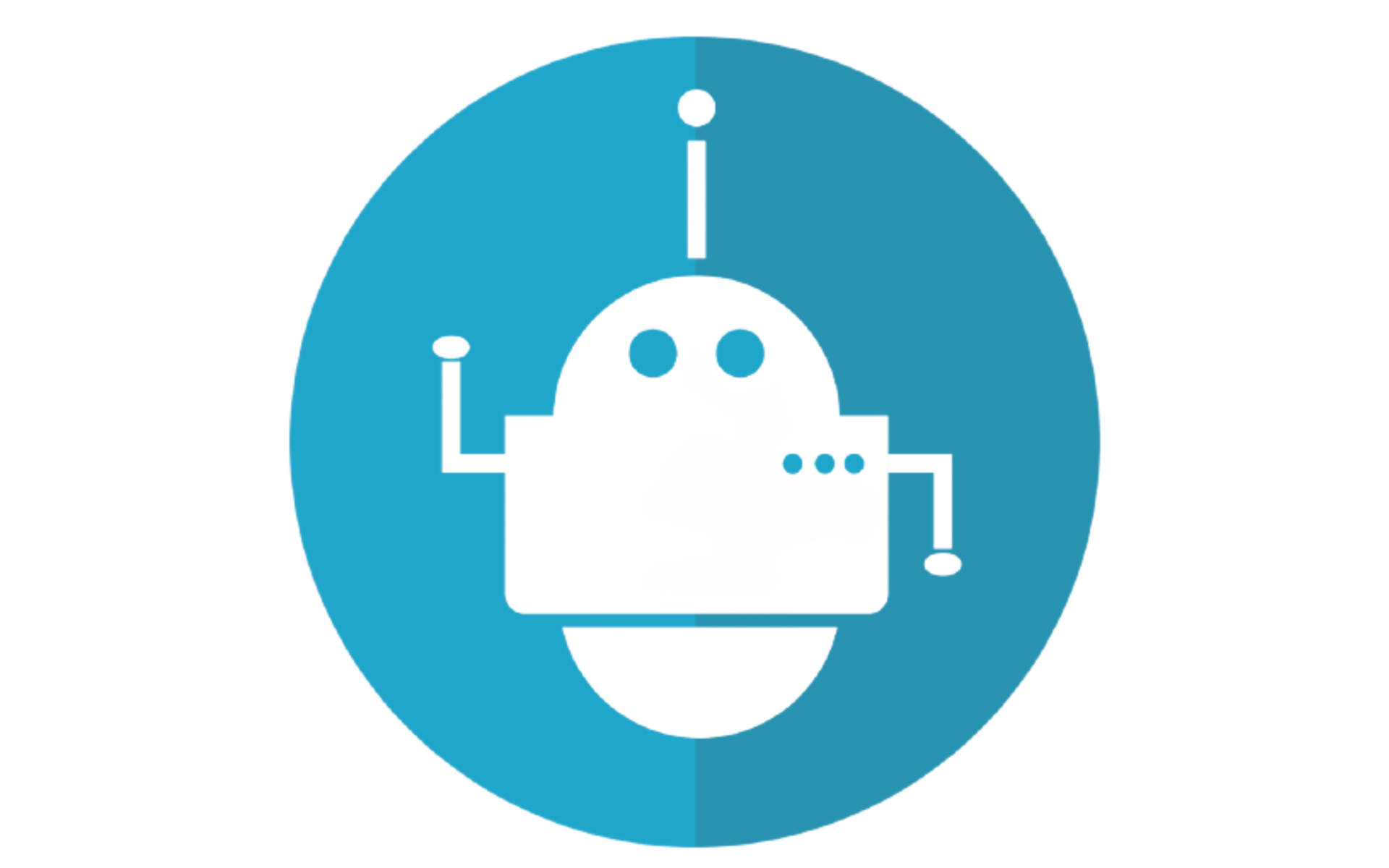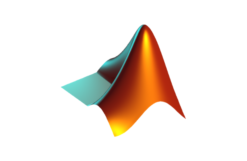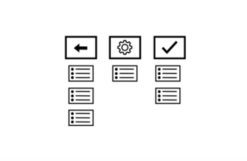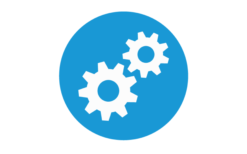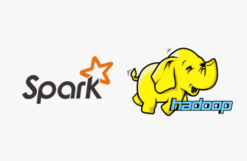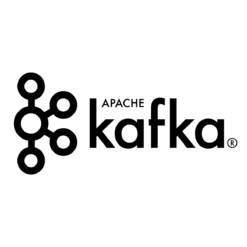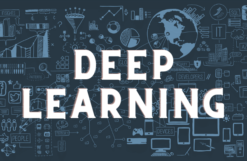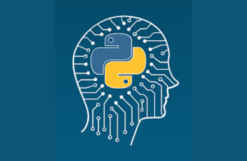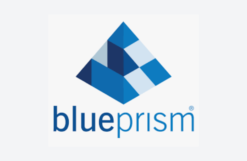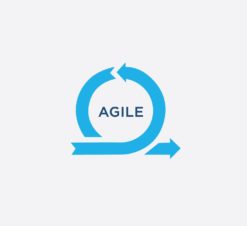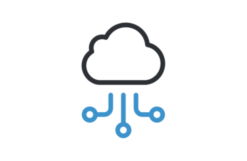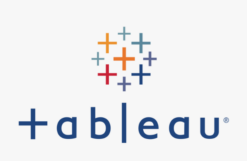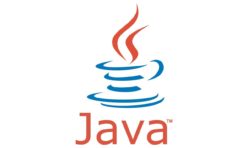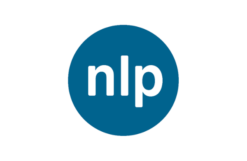Course Overview:
Deep learning training gives you an in-depth understanding of the architecture of TensorFlow Core, API layers, and the use cases. Master unsupervised learning models, deep learning models and more. Right from installing and configuring TensorFlow, importing data, simple models to develop complex layered models and architectures to crunch huge data sets leveraging the distributed, robust and scalable machine learning framework from Google.
Learn to implement Keras on top of TensorFlow to experiment with deep neural networks and tune machine learning models to produce more successful results with our deep learning with TensorFlow course.
Course Objectives:
- Articulate the core architecture and API layers TensorFlow
- Construct a computing environment and learn to install TensorFlow
- Develop TensorFlow graphs required for everyday computations
- Use logistic regression for classification along with TensorFlow
- Develop, design and train a multilayer neural network with TensorFlow
- Demonstrate Activation functions and Optimizers in detail with hands-on
- Demonstrate intuitively convolutional neural networks for image recognition
- Design and construct a neural network from simple to more accurate models
- Understand recurrent neural networks, its applications and learn how to build these solutions
- Understand hyper-parameters and tuning
- Learn how to build industry’s leading uses cases eg, Recommendation systems, Speech recognition, commercial grade Image classification and object localization etc….
- Lead ML/DL projects based on TensorFlow implementation
Pre-requisites:
- Basic knowledge of statistical concepts is desirable.
Target Audience:
- Software engineers
- Data scientists
- Data analysts
- Statisticians with an interest in deep learning
Course Duration:
- 28 hours – 4 days
Course Content:
Introduction
- Data science & its importance
- Key Elements of Data Science
- Artificial Intelligence & Machine Learning Introduction
- Who uses AI?
- AI for Banking & Finance, Manufacturing, Healthcare, Retail and Supply Chain
- What makes a Machine Learning Expert?
- What to learn to become a Machine Learning Developer?
- Review of Machine Learning: Regression, Classification, Clustering, Reinforcement Learning, Underfitting and Overfitting, Optimization
- Deep Learning: A revolution in Artificial Intelligence
- What is Deep Learning?
- Advantage of Deep Learning over Machine learning
- 3 Reasons to go for Deep Learning
- Real-Life use cases of Deep Learning
Neural Networks Basics
- How Neural Networks Work?
- Various activation functions – Sigmoid, Relu, Tanh
- Perceptron and Multi-layer Perceptron
- What is TensorFlow?
- TensorFlow code-basics
- Graph Visualization
- Constants, Placeholders, Variables
- Creating a Model
- Step by Step – Use-Case Implementation
- Introduction to Keras
- Understand Neural Networks in Detail
- Illustrate Multi-Layer Perceptron
- Backpropagation – Learning Algorithm
- Understand Backpropagation – Using Neural Network Example
- MLP Digit-Classifier using TensorFlow
Deep Neural Networks
- Why Deep Networks
- Why Deep Networks give better accuracy?
- Understand How Deep Network Works?
- How Backpropagation Works?
- Illustrate Forward pass, Backward pass
- Different variants of Gradient Descent
- Types of Deep Networks
- Batch Normalization
- Activation and Loss functions
- Hyper parameter tuning
- Training challenges and techniques
- Optimizers, learning rate, momentum, etc.
Convolutional Neural Networks
- Introduction to CNNs
- CNNs Application
- Architecture of a CNN
- Forward propagation & Backpropagation for CNNs
- Convolution, Pooling, Padding & its mechanisms
- Understanding and Visualizing a CNN
- An overview of pre-trained models (AlexNet, VGGNet, InceptionNet & ResNet) and Transfer Learning
- Image classification using CNN
Advanced Computer Vision
- Auto encoders
- Semantic segmentation
- YOLO
- Siamese Networks
- Object & face recognition using techniques above
Natural Language Processing
- Sentiment Analysis
- Topic Summarization
- Topic Modelling
- Nltk, Gensim, vader, etc.
- Bag of Words and Tf-IDF
- Cosine Similarity of terms, documents concepts
- Text Cleaning and Pre-processing using Regex
- Tokenization, Stemming and Lemmatization
RNN And LSTM
- Introduction to Sequential data
- Word embeddings and lang translation
- RNNs and its mechanisms
- Vanishing & Exploding gradients in RNNs
- Time series analysis
- LSTMs
- LSTMs with attention mechanism
- GRU
Visualization Using Tensorboard
- What is Tensor board?
- Test vs Train set accuracy
- T-SNE
- Occlusion Experiment
- CAM, Saliency and Activation maps
- Visualizing Kernels
- Style transfer
Reinforcement Learning And Gans
- Introduction
- How GANs work?
- Applications of GANs (Generative adversarial networks)
- Summary and Closing Remarks
Course Customization Options
To request a customized training for this course, please contact us to arrange.




